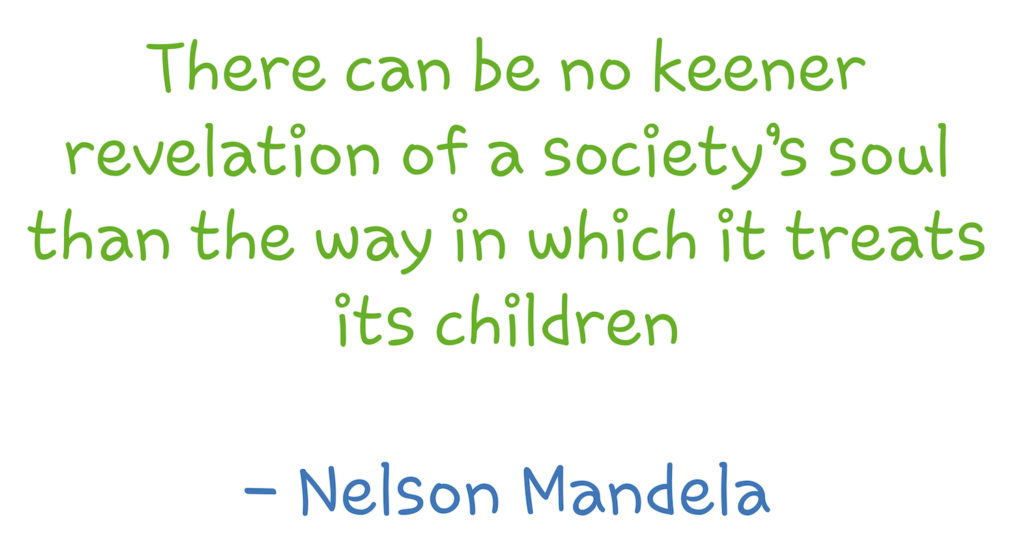A new public policy pressure group, Child-friendly Alternatives to Labelling and psychiatric Medications - CALM - held its inaugural meeting in June 2018. CALM is a group of child mental health professionals, academics, representatives of educational and mental health professional bodies and politicians who aim to change public policy in the area of child and adolescent mental health. Our mission statement clearly articulates our beliefs:
We share the view that a caring and morally mindful society must better safeguard children by allowing them to develop their unique personalities and behaviours without the use of a first response to prescribe psychiatric drugs for behavioural difficulties.We especially believe that children under the age of five should not be prescribed psychiatric drugs if their behaviour is the only concern.
Through CALM’s agreed objectives and a newly launched Parliamentary Petition we strive to:
- Raise public awareness of the multiple risks from the inappropriate and excessive use of psychiatric drug interventions with vulnerable and very young children.
- Better Safeguard Looked After Children and other vulnerable groups of young people from the potential toxic harm caused by the use of psychiatric drugs.
- We believe that multi-agency pathways should be used for assessment (NICE 2018). National use of this type of pathway has improved the reliability of the assessment process for children on the autistic spectrum.
- Challenge the use of psychiatric drugs with children, particularly those under the age of five. Professional bodies such as the British Psychological Society have major concerns about the potential risk of harm of these strong and toxic drugs at a time of rapid, continuing brain development. To encourage challenges of this by the use of the British Psychological Society’s Division of Educational and Child Psychology’s‘ Reflective Checklist’ (2016) as a way to help reduce excessive prescribing of psychiatric drugs with school-aged children.
- Gather information and trigger Freedom of Information Requests about data and trends that are relevant to CALM’s key areas of concern such as the ‘Serious Side Effects’ on children that involve a significant medical response for the three main classes of psychiatric drugs (psycho-stimulants, anti-psychotics and anti-depressants).
- Promote the development of whole school approaches to promoting psychological well-being in schools and the first use of other alternative social interventions which are successfully used in other countries/cultures such as: the prescribing of exercise (France); the use of mindfulness training/yoga (Holland); the use of targeted parent training programmes (Italy & NICE 2018); and the use of a range of therapies such as Family, Art, Music, and Relaxation along with very recent work on attention training using digital technology. This goes along with a better understanding of the holistic needs of children and how best to meet them all in school and community settings.

I am proud to be chairperson of this group, which meets in the Houses of Parliament and is sponsored by three MPs; Eleanor Smith, Thelma Walker and John McDonnell.
In addition, as a group, we have written to The Guardian, with a letter published in August 2018: Meds not the only answer for ADHD.
We all have to be ethically mindful in our work in this field.
CALM is currently comprised of:
Dave Traxson, Chair, CALM
CALM is currently comprised of:
Dave Traxson, Chair, CALM
Dr Cynthia Pinto, Educational psychologist, secretary, CALM
Prof Peter Kinderman, President, British Psychological Society (2016-17)
Vivian Hill, Course director, professional educational psychology training, UCL Institute of Education
Dr Brian Apter, Division of educational and child psychology, British Psychological Society
Dr Sue Roffey, Associate professor, University of Exeter and adjunct associate professor, University of Sydney
Kate Fallon, General Secretary of the Association of Educational Psychologists (AEP)
Nicholas English, National Association of Principal Educational Psychologists
Dr Cathy Atkinson, Course Director for EP Training, Manchester University
Sebastian Okelly, Freelance Journalist
Melissa Benn, Writer and campaigner
Jane Cox, Nurture Group UK
Eleanor Smith MP, Member for Wolverhampton South West
Thelma Walker MP, Member for Colne Valley
John McDonnell MP, Member for Hayes and Harlington
Prof Peter Kinderman, President, British Psychological Society (2016-17)
Vivian Hill, Course director, professional educational psychology training, UCL Institute of Education
Dr Brian Apter, Division of educational and child psychology, British Psychological Society
Dr Sue Roffey, Associate professor, University of Exeter and adjunct associate professor, University of Sydney
Kate Fallon, General Secretary of the Association of Educational Psychologists (AEP)
Nicholas English, National Association of Principal Educational Psychologists
Dr Cathy Atkinson, Course Director for EP Training, Manchester University
Sebastian Okelly, Freelance Journalist
Melissa Benn, Writer and campaigner
Jane Cox, Nurture Group UK
Eleanor Smith MP, Member for Wolverhampton South West
Thelma Walker MP, Member for Colne Valley
John McDonnell MP, Member for Hayes and Harlington











No comments:
Post a Comment
PLEASE ADD COMMENTS SO I CAN IMPROVE THE INFORMATION I AM SHARING ON THIS VERY IMPORTANT TOPIC.